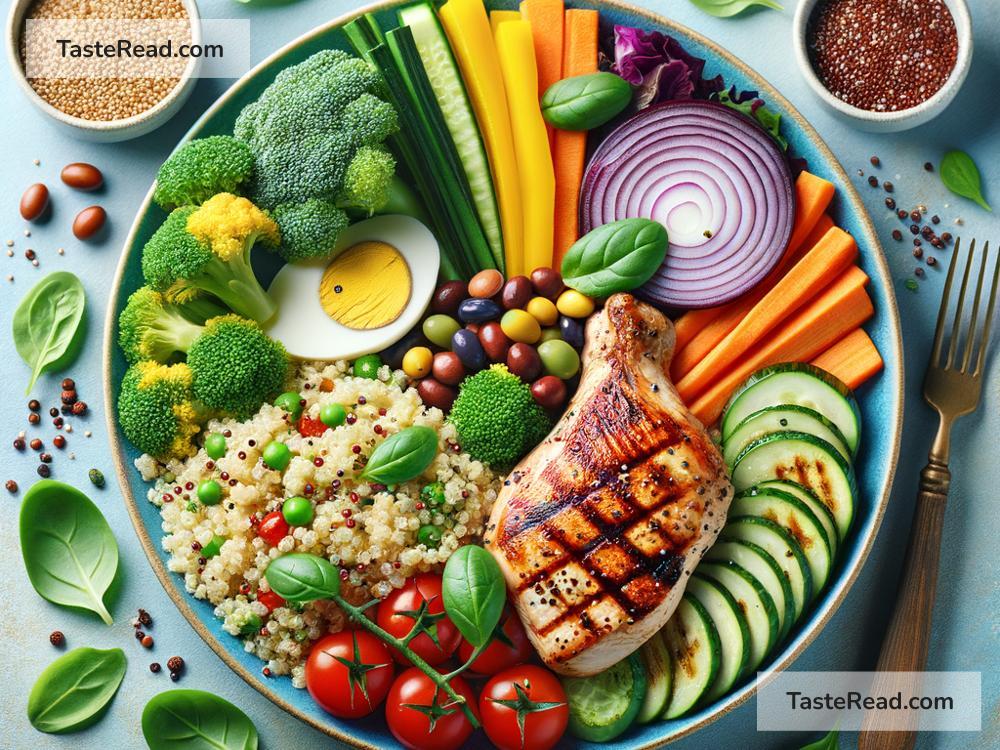Understanding the Role of Dietary Amino Acids in Health
When it comes to staying healthy, what you eat plays a huge role. A balanced diet includes vitamins, minerals, proteins, fats, and carbohydrates. But today, let’s focus on one group of nutrients that’s essential for your body to work properly: amino acids. These small but powerful molecules are often referred to as the building blocks of life. They help your body grow, repair, and function every day. Let’s dive into what amino acids are, why they’re important, and how you can ensure you get enough of them.
What Are Amino Acids?
Amino acids are tiny molecules that come together to form proteins. Think of proteins as chains, and amino acids as the links in those chains. Your body uses proteins for everything from building muscle and bone to producing hormones and enzymes.
There are 20 different amino acids that your body needs, but not all of them are the same. Scientists divide amino acids into three main categories:
- Essential Amino Acids: These amino acids cannot be made by your body. You must get them from food. Examples include lysine, leucine, and tryptophan.
- Nonessential Amino Acids: Your body can produce these amino acids on its own, even if you don’t get them directly from your diet. Examples are glycine and alanine.
- Conditional Amino Acids: These are usually nonessential but may become essential during times of illness or stress. For example, glutamine might be extra important if you’re recovering from an injury.
Why Are Amino Acids Important for Your Health?
Amino acids are crucial for many processes in your body. Without them, you wouldn’t grow properly, recover from injuries, or even have the energy to get through your day. Here’s how amino acids help keep you healthy:
1. Building and Repairing Tissues
Your muscles, bones, skin, and organs are mostly made of protein, which is created from amino acids. Whenever you exercise, your muscles experience tiny tears. Amino acids help repair those tears and make muscles stronger. They’re also essential for healing wounds or injuries.
2. Producing Enzymes and Hormones
Enzymes and hormones are like messengers that tell your body what to do. For example, insulin, a hormone that regulates your blood sugar, is made from amino acids. Likewise, digestive enzymes that help break down food also rely on amino acids.
3. Supporting Your Immune System
Amino acids play a role in producing the cells and antibodies that help fight infections. Without enough amino acids, your immune system might not work as effectively, leaving you more prone to getting sick.
4. Boosting Energy Levels
When your body doesn’t have enough carbs or fat for energy, it may break down amino acids instead. This can help you stay energized during intense physical activity or periods of fasting.
5. Helping Brain Function
Certain amino acids, like tryptophan, assist in producing neurotransmitters that affect mood and sleep. For instance, tryptophan helps produce serotonin, a chemical that helps you feel calm and happy.
Foods That Are Rich in Amino Acids
To ensure you get all the essential amino acids your body needs, eating a variety of protein-rich foods is key. Here are some good sources:
- Animal-Based Protein: Meat, fish, eggs, and dairy products like milk, cheese, and yogurt are rich in all the essential amino acids. They’re considered “complete proteins.”
- Plant-Based Protein: Foods like beans, lentils, tofu, quinoa, nuts, and seeds also provide amino acids. While many plant proteins are “incomplete,” meaning they don’t contain all essential amino acids, combining different foods (like rice and beans) can make them complete.
- Protein Supplements: Protein shakes or bars can be useful if you’re unable to meet your amino acid needs through food alone, especially for athletes or people with dietary restrictions.
How Much Protein Do You Need?
The amount of protein (and therefore amino acids) you need depends on factors like age, activity level, and health conditions. On average, adults should aim to consume about 0.8 grams of protein per kilogram of body weight daily. For example, if you weigh 70 kilograms (154 pounds), you’d need around 56 grams of protein a day.
Active individuals, pregnant women, and people recovering from injuries may need more protein. If you’re unsure about your needs, it’s best to consult a doctor or dietitian.
Can You Get Too Many Amino Acids?
While amino acids are good for you, consuming too much protein can sometimes stress your kidneys, which work hard to process the extra protein. Additionally, high-protein diets that rely on processed foods can lack other important nutrients, like fiber. Moderation and balance are key.
The Bottom Line
Amino acids are essential for your body’s health and wellbeing. They help you grow, repair tissues, fight off sickness, and stay energized. Since your body can’t produce essential amino acids on its own, eating a variety of protein-rich foods—whether from plants or animals—is vital. By understanding the role amino acids play and making smart dietary choices, you can ensure your body gets what it needs to thrive.
So, the next time you sit down for a meal, remember that you’re not just eating to fill your stomach—you’re fueling your body with the building blocks it needs to stay strong and healthy!


